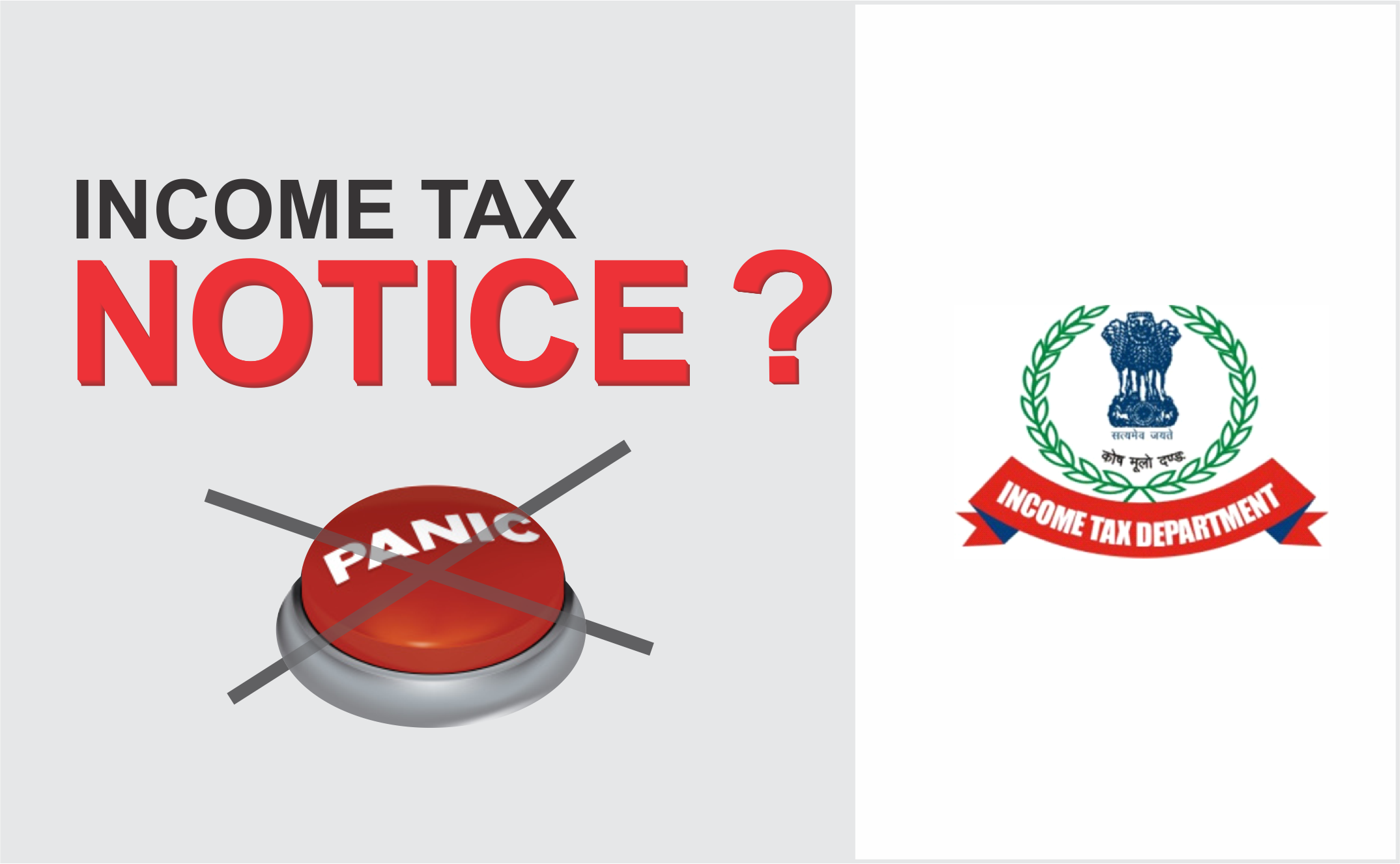The Assessing Officer cannot point Fake Purchase under section 69C

The Assessing Officer cannot point Fake Purchase under section 69C, in a case where all the sales and purchase transactions are appropriately mentioned in the regular books of account.
As per principles of accountancy and tax laws, if you have not purchased anything then you cannot sell it. Hence, no sale transaction can be done without a purchase. Therefore, this case is not about the bogus purchases, but about the authenticity of the suppliers.
The Assessing Officer cannot point Fake Purchase under section 69C
Now the case is whether the section 69C is applicable in an event where every sales and purchase transactions are a part of regular books. Also, in this case, the supplier was paid through cheques, which means the cost incurred by the assessee is a part of regular books of accounts.
The assessee, who is a ready-made garment merchant, challenged the order of CIT dated 21st Jan 2016 and is on appeal for two assessment years (i.e., 2010-11 and 2011-2012).
Facts for the First Financial Year (2010-11):
The primary ground of the plea is about the 25% discount on the entire purchase, which helped assessee to earn Rs 1.37 crores of total income. AO got the information from the DGIT (Inv.) and the STD (Sales Tax Department) both that the assessee made purchases from the dubious parties. These two parties that assessee mentioned in the details submitted by him, the AO believed that both the parties were Hawala operators.
The AO was also convinced that assessee did not purchase goods from the mentioned two sellers, i.e., Shreeji Enterprises (SJE) and Shree enterprises(SE) and produced bogus bills of purchases, which were given to him by these suppliers without delivering the merchandises. These suppliers then returned him the amount in cash after deducting a portion as their commission.
When assessee was asked to give information about the whereabouts of the parties in questions, he simply deposited the ledgers of the suppliers rather than providing their new addresses.
Furthermore, it was also observed that the assessee purchased from other two entities that were listed as defaulters on the STD website. When AO asked the assessee, why he bought stuff from the defaulters? The assessee replied stating that it was not necessary that they were not Hawala operators. They may be just the defaulters on account of violation of the Income Tax Act provisions.
Here, in this case, AO and the FAA did not make any effort or investigated further to prove the non-genuineness of the purchase and the transactions mentioned by the assessee. It was noticed that AO did the assessment based on the information offered by STD and nothing much. The AO made the considerable additions in the income of the assessee.
The assessee, on the other hand, appealed for the cross-examination, but the Adjudicating Authority did not give him the opportunity.
Thus, the lawsuit is not regarding the non-genuineness of the purchases and the transactions in the books of accounts; it is instead about the non-genuineness of the suppliers involved.
Since the assessee was able to disclose the source of the spending, the explanation was found to be satisfactory. Also, all the transactions done by the assessee were done through the bank. So, there was no reason that the provisions under the section 69C of the Income Tax to be invoked. Hence, the appeal was in favor of the assessee, and the order of the FAA was reversed.
About the second case for the next financial year, i.e., 2011-12:
The circumstances and the facts, in this case, were found to be similar to the earlier one, other than the amount that was added to the income of the assessee by the AO. This case was also given in favor of the assessee.
